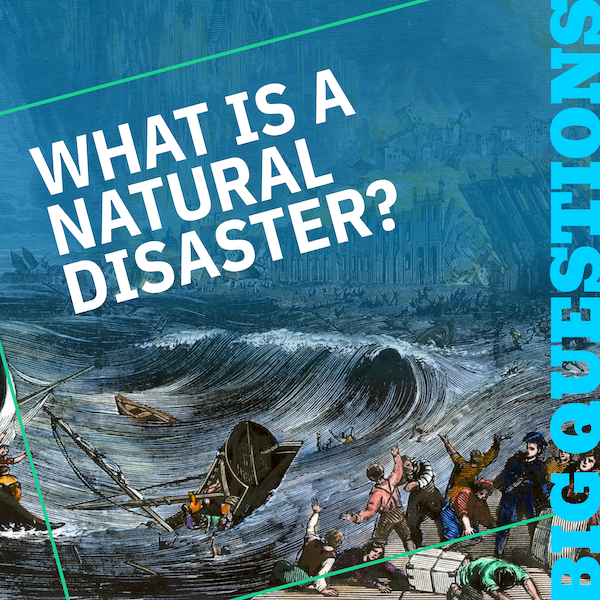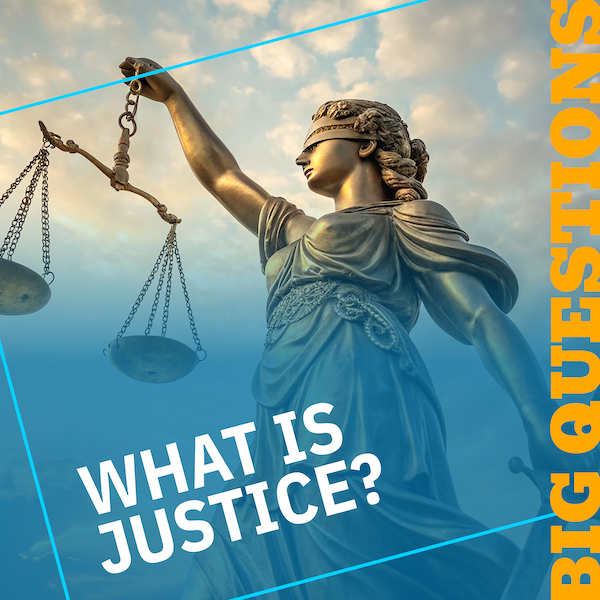Big Questions
Taught by some of our most passionate and imaginative teachers, our Big Questions courses share a common goal: inviting all Rice students to experience how humanistic and artistic inquiry can help make sense of our world and the daily dilemmas we face.
Some Big Questions courses include:
Who Should Vote?
What is Religion?
What is Love?
Where is Utopia?
Timothy Morton, Rita Shea Guffey Chair in English, who taught “What is a Fact?,” reflects on what inspired this Big Questions course:
Students learn to look at the world with fresh, skeptical eyes. They learn to identify illogical arguments and rhetorical strong-arm tactics. In the Middle Ages, humanities — grammar, logic, rhetoric — prepared you to do science. ‘What Is a Fact?’ is like that, helping students see how collecting data and being skeptical don’t stop once you’ve left the lab. A questioning, open-minded attitude is an essential life skill.
OPEN TO ALL RICE STUDENTS | DISTRIBUTION ONE CREDIT | THREE CREDIT HOURS
HUMA 139 What is a Natural Disaster? Instructor: Think hurricanes and earthquakes are just "acts of nature"? Think again. This course exposes how every disaster is actually shaped by human choices—revealing who gets protected, who gets abandoned and why some communities bounce back while others are left behind. From the 1755 Lisbon earthquake that shattered Enlightenment beliefs to Hurricane Katrina's exposure of American inequality, you'll dive into gripping case studies, survivor testimonies, novels, and films that show how power determines disaster narratives. Through hands-on digital mapping and podcast projects, you'll not only analyze how communities transform trauma into story—you'll learn to reshape those stories yourself, discovering that whoever controls the disaster narrative controls the future of recovery, justice, and hope. |
|
HUMA 140 What is Justice? Instructor: What does a just society look like—and who gets to decide?
This course explores how thinkers, writers, philosophers and activists across cultures and eras have defined justice, who it serves and how it should be achieved. We will examine how justice intersects with law, equality, race, gender, faith, economics and global responsibility, drawing from both classical and contemporary sources—from Plato and Antigone to bell hooks,
Ta-Nehisi Coates and Pope Leo XIII. By engaging literary, philosophical, political and theological texts, you will consider whether justice is a universal value or a culturally constructed one, and how ideas of fairness, freedom and power shift across historical and cultural contexts. The course emphasizes dialogue, reflection and critical thinking, helping you build not only a richer understanding of justice but also stronger tools for civic engagement, empathy and ethical argument. |
|



